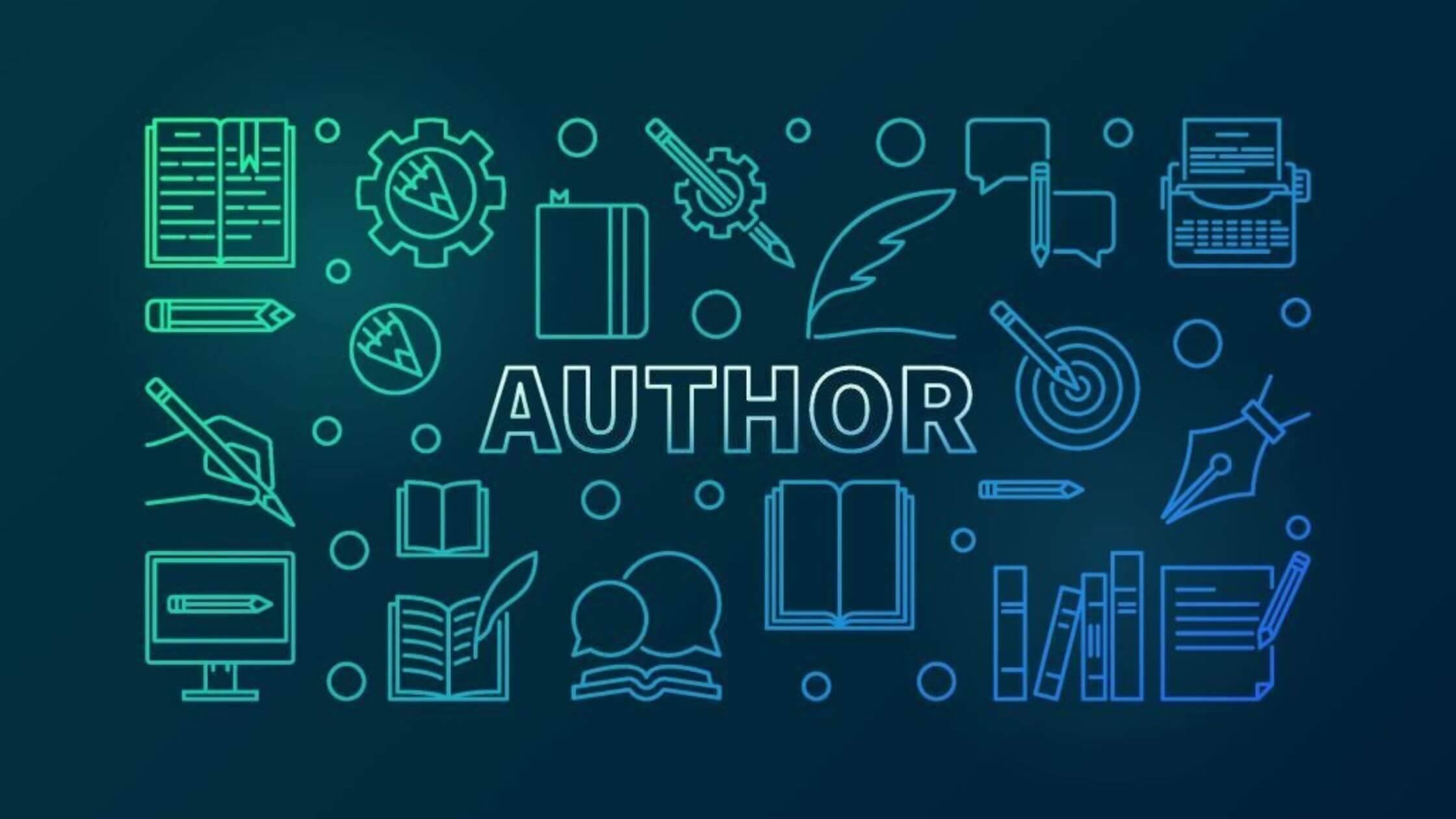

Project documents are essential for the success of any project. They provide a clear and consistent way of communicating the project goals, scope, schedule, budget, risks, and deliverables to all the stakeholders involved. It also help to ensure that the project is executed according to the agreed-upon plan and that any changes are properly managed and documented.
But what are the most important project documents that you need to know? And how can you create them effectively and efficiently? In this article, we will answer these questions and provide you with some examples and templates that you can use for your own projects.
What are project documents?
According to various definitions, project documentation is “a set of officially written, maintained or recorded material with information or evidence pertinent to your project.” The main purpose of project management documents is to provide materials that you can reference, and with which you can prove that something was or was not done.
Come in many forms – from project proposals and business cases, to project plans and project status reports. They can be created in different formats, such as Word documents, Excel spreadsheets, PowerPoint presentations, PDF files, or online tools. The type and format of project documents depend on the nature, size, and complexity of the project, as well as the preferences and requirements of the project stakeholders.
Project documentation has several purposes, such as:
- Project planning: Help to define the project scope, objectives, deliverables, milestones, tasks, resources, roles and responsibilities, budget, timeline, quality standards, and risk management plan.
- Project execution: Help to guide the project team and stakeholders on how to perform the work, monitor the progress, communicate the status, manage the changes, and resolve the issues.
- Project control: Help to measure the performance of the project against the baseline plan and identify any deviations or variances that need to be addressed.
- Project closure: Help to document the lessons learned, best practices, achievements, challenges, and recommendations for future projects.
- Project governance: Help to ensure that the project is aligned with the organizational strategy, policies, procedures, and standards.
- Project audit: Help to provide evidence of the project activities and outcomes for internal or external review or verification.
What are some examples of project documents?
There are many types of project documents that can be created throughout the project life cycle. However, some of the most common and essential ones are:
- Project business case: This document provides justification for the project. It explains why the project is needed, what are the expected benefits and costs, how it aligns with the organizational strategy and goals, and what are the alternatives and risks.
- Project charter: This document formally authorizes the project and gives the project manager the authority to plan, execute, and manage the project. It defines the project scope, objectives, deliverables, stakeholders, roles and responsibilities, assumptions and constraints.
- RACI matrix: This document clarifies who is responsible (R), accountable (A), consulted (C), and informed (I) for each task or activity in the project. It helps to avoid confusion and conflicts among the project team members and stakeholders.
- Work breakdown structure (WBS): This document breaks down the project scope into smaller and manageable pieces called work packages. It helps to organize the work into a hierarchical structure that shows how each work package relates to each other and to the overall project deliverable.
- Project budget: This document estimates how much money is needed to complete the project. It includes all the costs associated with the resources.
Project Documents: What You Need to Know
Managing a project involves various aspects, and documentation plays a crucial role in its success. Project documents serve as the backbone of project management, providing structure, clarity, and a shared understanding among stakeholders. In this article, we will explore the essential project documents you need to know and understand to streamline your project processes.
1. Project Charter
The project charter is a foundational document that outlines the project’s objectives, scope, stakeholders, and overall approach. It serves as a formal authorization for the project to begin and provides a clear direction to the project team. The project charter helps establish a common understanding of the project’s purpose and sets the stage for its successful execution.
2. Project Plan
The project plan is a comprehensive document that outlines the project’s timeline, deliverables, resources, and dependencies. It breaks down the project into manageable tasks and provides a roadmap for the project team to follow. The project plan helps in tracking progress, identifying potential risks, and ensuring that the project stays on schedule.
3. Requirements Document
The requirements document defines the functional and non-functional requirements of the project. It captures the needs and expectations of the project stakeholders and serves as a reference for the project team during the development phase. The requirements document helps in maintaining alignment between the project deliverables and the desired outcomes.
4. Risk Management Plan
Risks are inevitable in any project, and a risk management plan helps in identifying, assessing, and mitigating those risks. This document outlines the strategies and processes for risk identification, analysis, response planning, and monitoring. A well-defined risk management plan enables proactive risk mitigation and enhances project resilience.
5. Communication Plan
Effective communication is critical for project success. The communication plan outlines the communication objectives, channels, frequency, and stakeholders involved in project communication. It ensures that the right information reaches the right people at the right time, fostering collaboration, transparency, and informed decision-making.
6. Change Management Plan
Projects often undergo changes, and a change management plan helps in managing those changes effectively. This document defines the processes, procedures, and responsibilities for requesting, reviewing, approving, and implementing changes. A robust change management plan minimizes disruptions, maintains control, and facilitates smooth transitions.
7. Quality Management Plan
Quality management is essential to deliver a successful project that meets the desired standards. The quality management plan outlines the quality objectives, criteria, and processes for ensuring and controlling quality throughout the project lifecycle. It includes activities such as quality assurance, quality control, and continuous improvement to achieve the desired project outcomes.
8. Lessons Learned Document
Learning from past experiences is crucial for continuous improvement. The lessons learned document captures the project team’s insights, experiences, and best practices for future reference. It helps in identifying what worked well, what didn’t, and areas for improvement. By documenting lessons learned, organizations can avoid repeating mistakes and enhance their project management capabilities.
Project documents are indispensable for effective project management. They provide structure, guidance, and a shared understanding among stakeholders, helping to streamline project processes and enhance overall success. By familiarizing yourself with the essential project documents discussed in this article, you can establish a solid foundation for your projects and increase your chances of achieving desired outcomes.
Sign-up for a Brain Sensei Free Preview! Our free 7-day previews offer you a glimpse into the resources, teaching methods, and content you can expect from our full exam prep courses, exam simulators and PDU bundles. Fill out the form below and you’ll receive an email with your login details. You’ll get exclusive access to select modules, and get a tantalizing preview of the full content.
Understanding the information in this article is an essential part of project management and a vital part of the PMP exam. Improve your project management skills or prepare for the PMP Certification exam by taking a quality online PMP exam prep course.
Check out these other articles.
Cost Management – The 4 Main Processes
RTM: Requirements Traceability Matrix: Traceability and Tracking Tool and System


